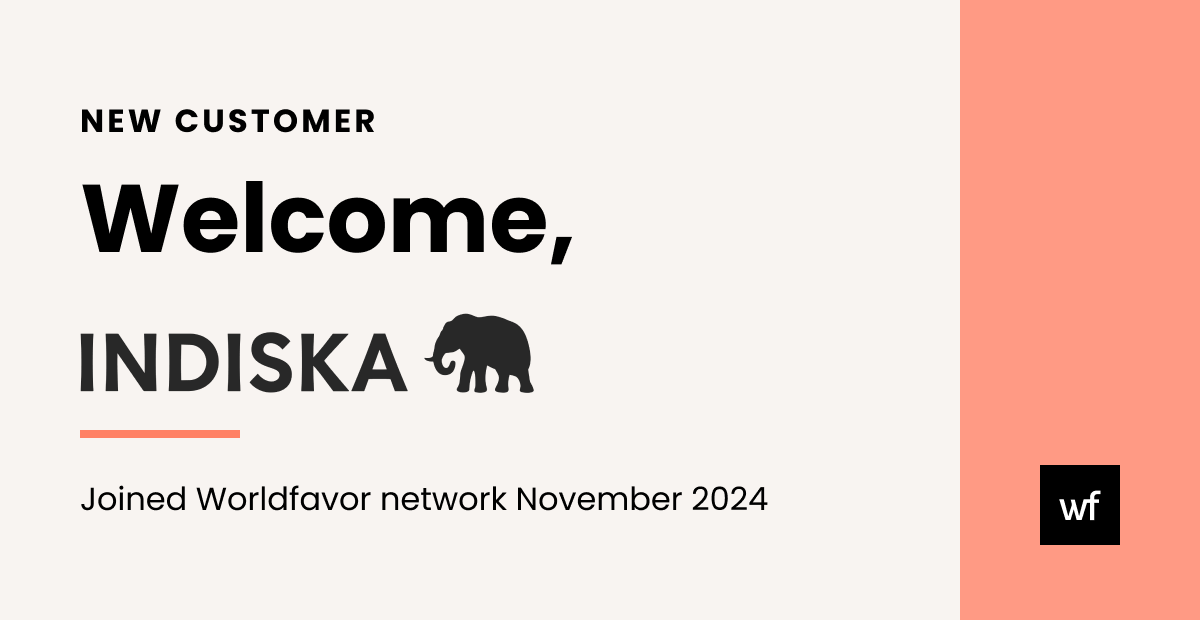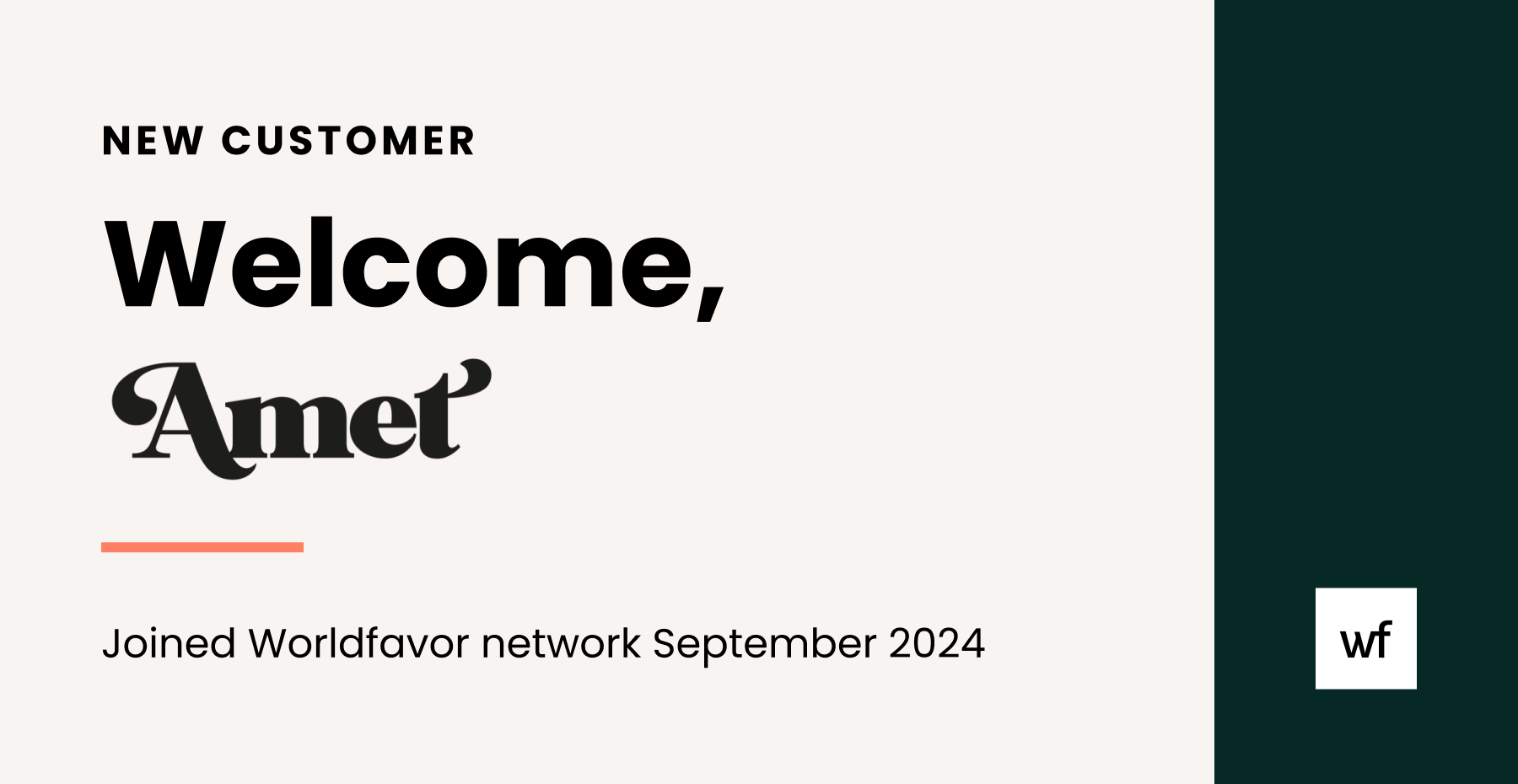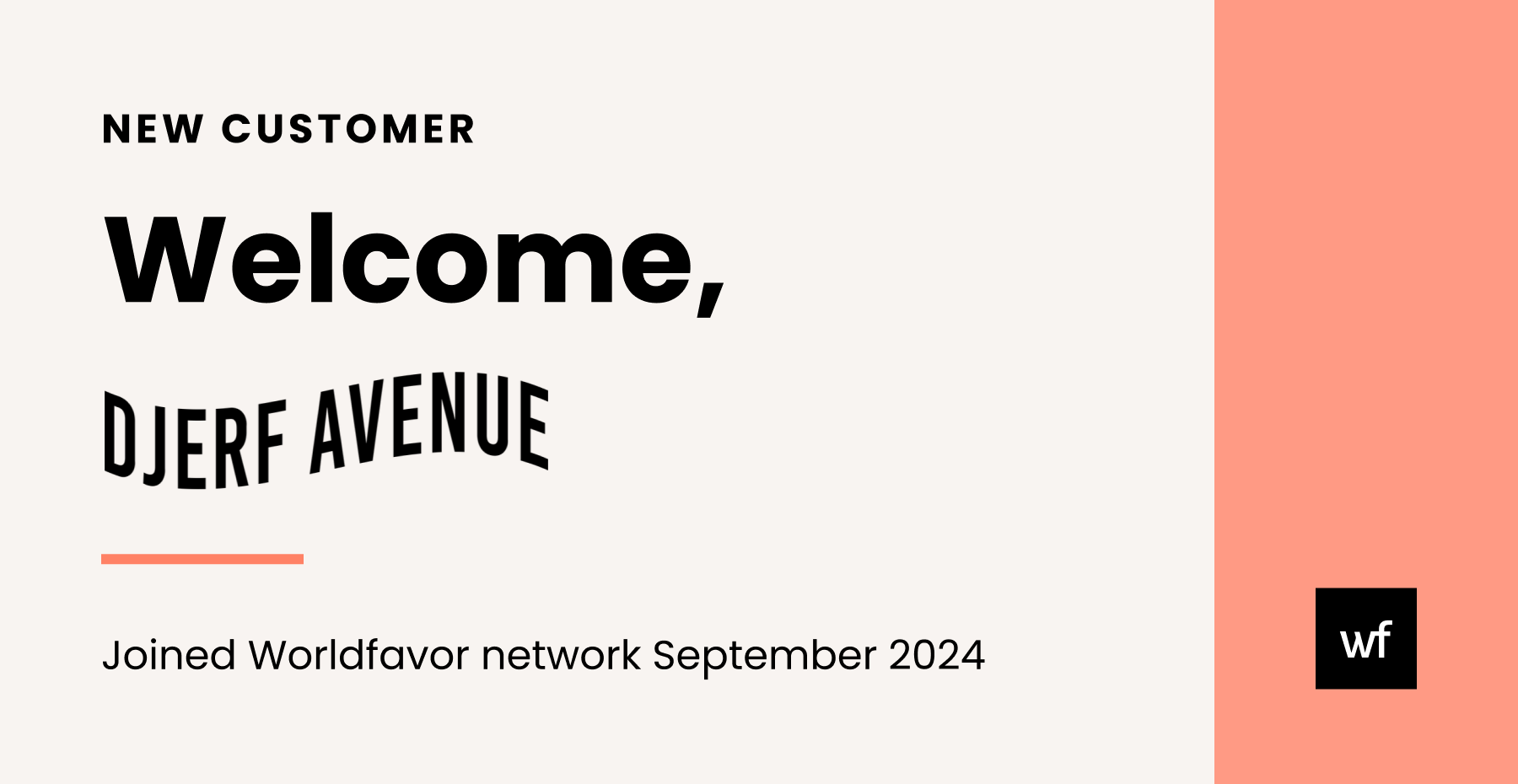
Consumers, shareholders, and governments are demanding proof of sustainability – a green sticker is no longer enough
Frida Emilsson, co-founder and COO of Worldfavor, speaking:
The Netherlands is among the European countries that score best on sustainability, the country is ranked thirteenth in the Global Sustainability Index. Many Dutch companies are trying to do business in the most sustainable way possible. Meanwhile, the Dutch government strongly encourages companies to follow the Organization for Economic Cooperation and Development's (OECD) guidelines for sustainable entrepreneurship. And according to the Sustainable Brand Index, Dutch consumers are increasingly concerned with sustainability and the climate.
At the same time, companies are under increasing pressure to provide transparency regarding their sustainability initiatives and make the results transparent to all stakeholders. Something that’s also reflected in stricter laws and regulations, particularly within the EU. Examples include the recently proposed Corporate Sustainability Reporting Directive (CSRD) and the European Green Deal.
Meanwhile, consumers, stakeholders, and governments are also increasingly asking for proof of sustainability. Just a green logo is no longer enough. We see this awareness grow among Dutch companies.
Providing insight into this area is not always easy for companies, for the simple reason that sustainability data is often scattered across organizations and their value chains. Therefore, collecting and analyzing this kind of sustainability data is becoming increasingly complex and is often a time-consuming and complicated process. Gathering information by collecting data is one thing, but what you then do with that data is even more critical.
In combination with the many green initiatives being developed in the Netherlands, this creates a growing need for organizations to offer stakeholders insight into their sustainable decision-making. Therefore, companies are increasingly looking for a tool that makes it easy to retrieve, share, and apply sustainability data and provide the necessary insights to take sustainability measures internally and within the entire value chain.
In short, many companies face several challenges when preparing sustainability reports. According to our recently published report "Navigating the Landscape of Sustainability Reporting", reporting on sustainability is no easy task. Our findings show that sometimes companies do not have access to the data they need. In practice, it also appears to be a time-consuming task to gain insight into the impact, risks, and emissions of business activities and make well-founded decisions. In addition, it is becoming increasingly difficult to understand and comply with laws and regulations.
Various platforms and tools now exist to make this information easier to obtain and data easier to access. However, the ability to easily collaborate with colleagues and suppliers and increase the organization's sustainability efforts still seems complicated for most providers.
That's where we come into the picture at Worldfavor since those are precisely the key benefits of our sustainability platform. Our solution makes it possible to implement practical changes that deliver positive results. Our global network ensures that organizations in all parts of the world can access sustainability and compliance data to gain and share insights.
Companies such as O'Neill, Oatly, Nomad Foods, and Nudie Jeans are already using our sustainability platform to collect data and align their sustainability efforts with international frameworks such as GRI and sustainable development goals (SDGs) to facilitate a smoother reporting process both internally and within their value chain.
The surfwear and surfboard brand O'Neill is an excellent example of a company that takes responsibility, experiences the complexity of the matter, and calls on our platform to take the next step in its sustainability journey. They use our Supply Chain Visibility Tool to increase traceability for each link in the supply chain, monitor it more effectively, and deepen relationships with suppliers.
Renske Lambert, Global Manager Ocean Mission at O'Neill says:
– To ensure continuous optimization within our value chain, we need to improve our oversight of the manufacturing processes involved. Traceability is one of the key challenges within the complex global supply chains of the apparel industry. We have set ourselves the goal of having 100% traceability on our Tier I and Tier II suppliers by 2025.
We are proud that O'Neill has chosen Worldfavor to provide the company with support and hope that many more Dutch companies will follow their example. We are on a mission to help them simplify their sustainability reporting and take the next step in their sustainability journey. In this way, together with our clients, we are reducing our overall footprint.







